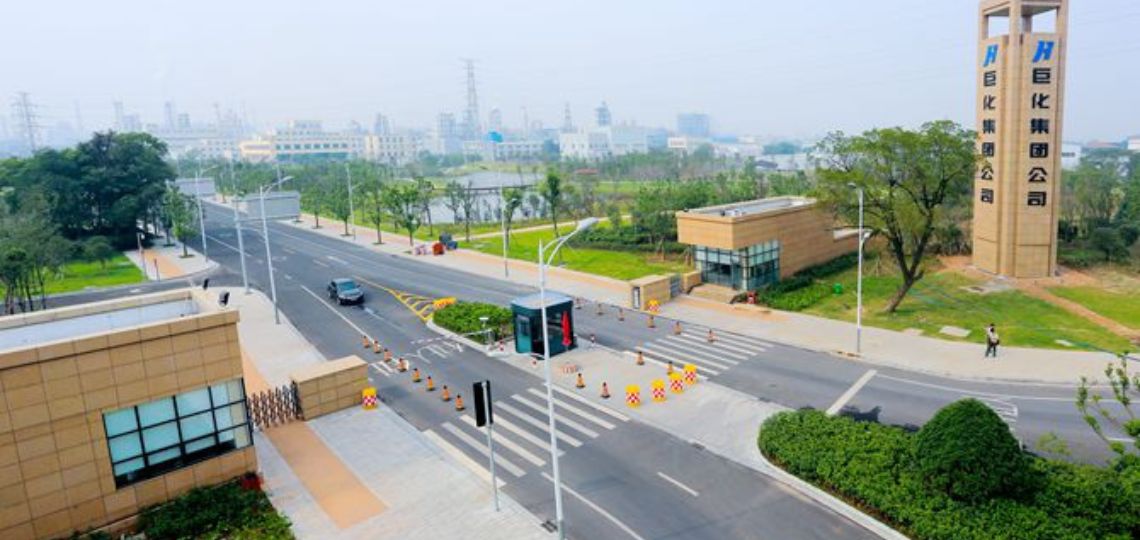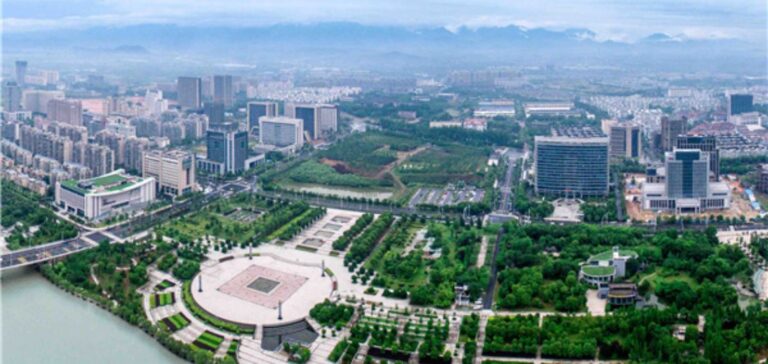Hydrogen is at the heart of a new project to reduce CO2 emissions developed by the New Energy and Industrial Technology Development Organization (NEDO). The latter has selected Japan’s Marubeni Corporation and JGC Holding corporation to take part in the Feasibility Study for minimizing CO2 emissions through the use of hydrogen derivatives in China. The study is part of NS Energy’s “International Demonstration Project on Japan’s Energy Efficiency Technologies”.
Hydrogen study conducted on a Chinese company
China’s Juhua chemical plant in the city of Quzhou, Zhejiang province, will be the focus of this study. Indeed, many hydrogen emissions emerge during the electrochemical process of caustic soda production and coal gasification. In total, the company has a significant resource of 18,500 Nm³/h. Japanese companies therefore want to recover this production using mixed hydrogen combustion engines and polymer electrolyte fuel cells to reduce CO2 emissions within the company. With the use of hydrogen as a by-product remaining at around 70%, the country wants to optimize the technology of its companies to develop its production.

A first step in developing the use of hydrogen
The assessment of the feasibility of Japanese technologies for a “commercialization model of local production for local consumption” using hydrogen as a by-product is due to be published in 2021. NEDO will then move on to a demonstration phase and extend the technology to other Chinese regions and to the chemical industries of Southeast Asia.
The two Japanese companies have also conducted a project on the collection and decomposition of greenhouse gases, in conjunction with Juhua. In 2019, Marubeni signed a memorandum of understanding with Juhua to cooperate in building a hydrogen industrial cluster and developing it nationwide.
China as a leader in ecological transition
The country is already a major player in renewable energy production. A leader in hydroelectric and photovoltaic solar power generation, the country is now looking to hydrogen production. China has classified hydrogen and the fuel cell industry as “strategic emerging industries” under the 13th Five-Year Plan for the Development of Strategic Emerging Industries. The government has also published the “White Paper on China’s Hydrogen and Fuel Cell Industry” in 2019.
A new opportunity for China to distinguish itself in the energy sector and become one of the world leaders in the ecological transition.






















